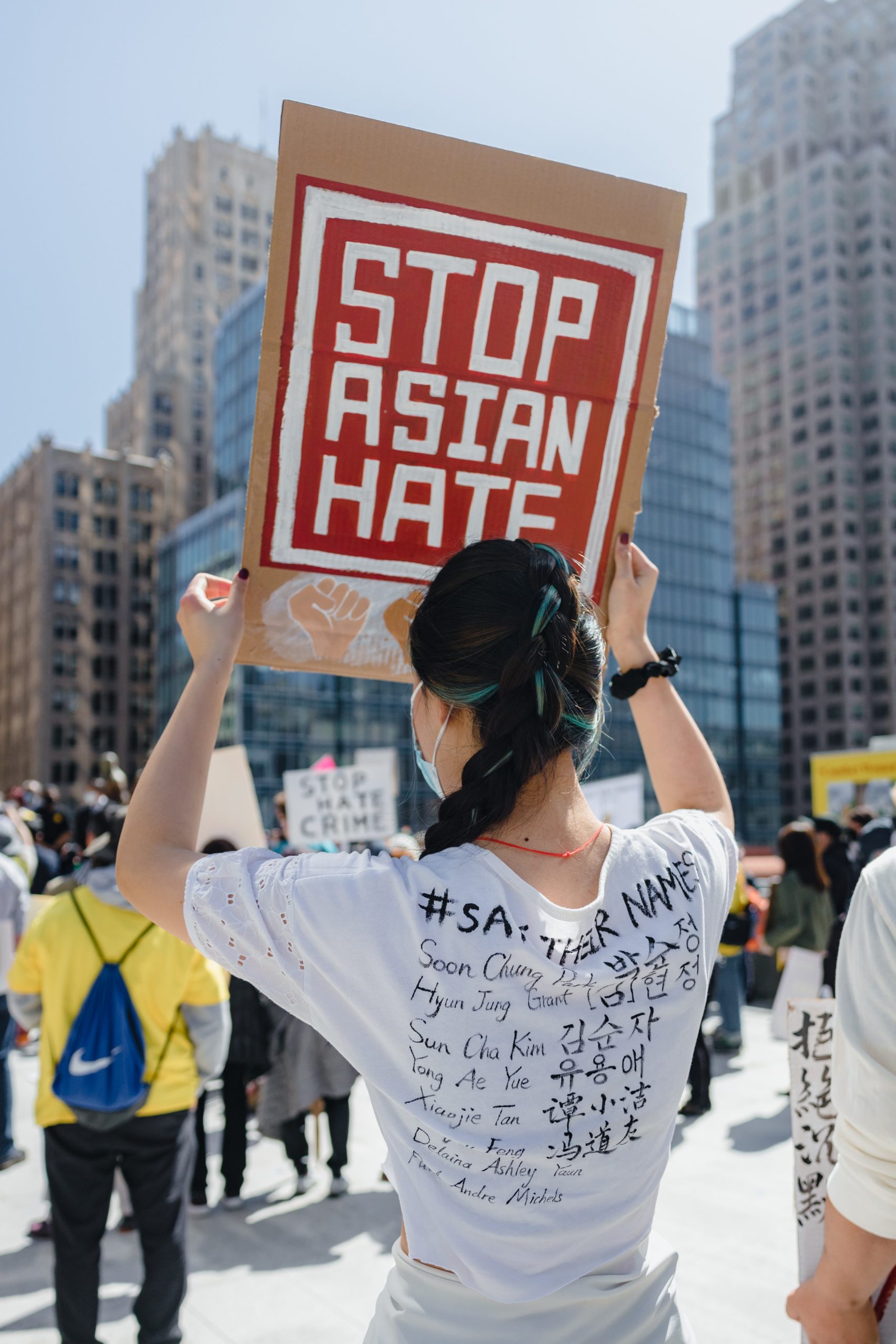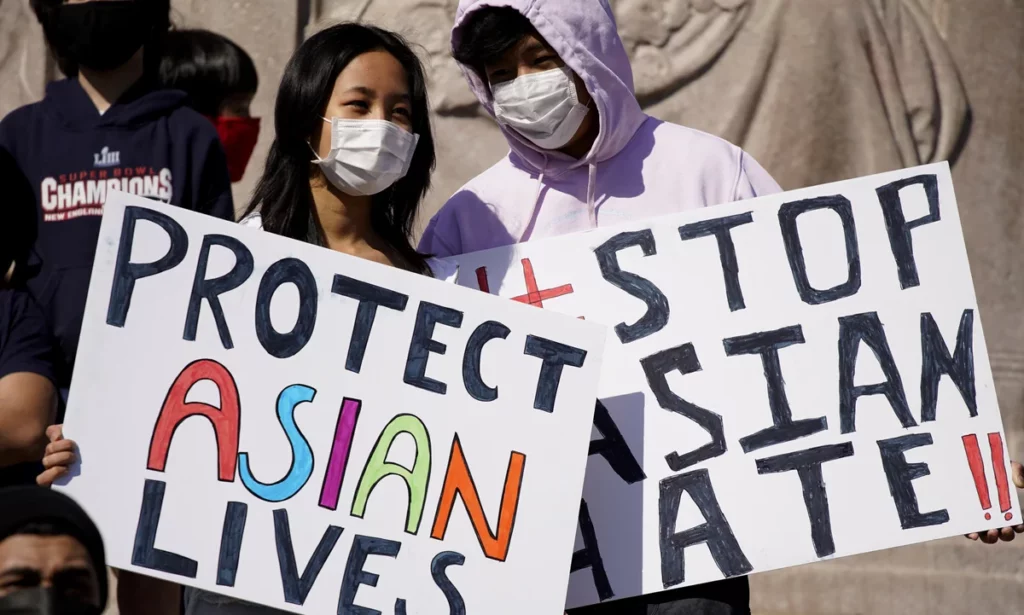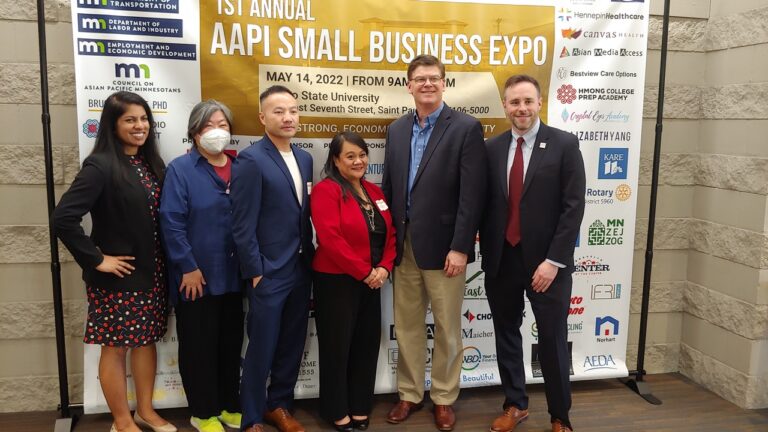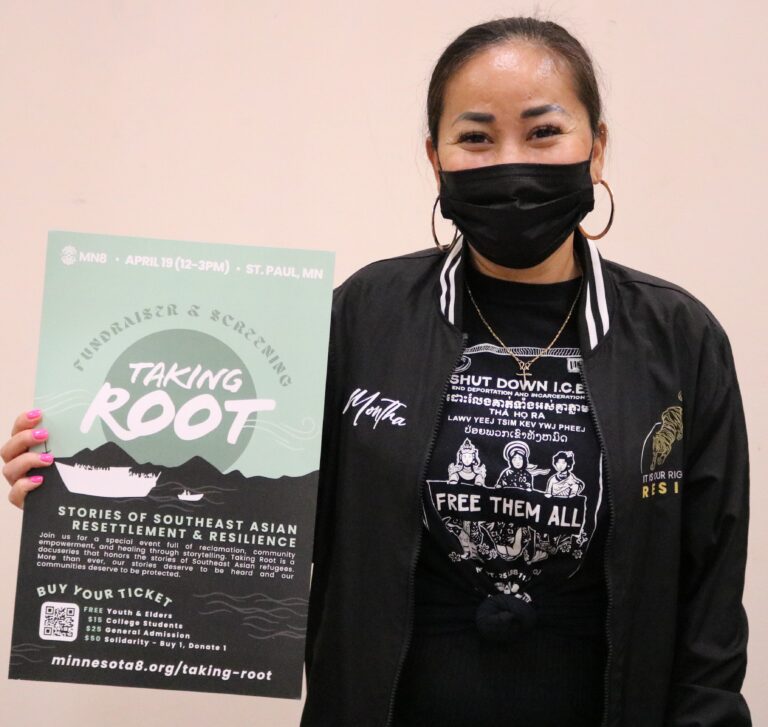Affirmative action, or improving opportunities for minority groups, may seem like a beneficial method to boost diversity and help out marginalized communities. It can serve a purpose in improving racial equity in education and the workplace where people of color are underrepresented. Many see it as part of the solution to historical racial prejudices. However, although affirmative action is not anti-Asian, there is prominent anti-Asian bias that needs to be addressed.

Diversity is the end goal of affirmative action. But does affirmative action always promote diversity? There are many cases, most of them involving Asian Americans, where affirmative action has reinforced racial bias instead of improving opportunities. When applying to top schools especially, many Asian Americans are rejected with higher test scores and grades than their peers. Harvard admissions officers offered the explanation that Asian Americans have worse personalities. Now, college advisors ask Asian American students to break from common activities in order to seem less Asian. Although there are no specific quotas and “proof” that admissions officers are really discriminating against Asian Americans, implicit bias does play a role in the studies which show that Asian Americans often do have a harder time getting accepted into top schools. Being described as hardworking but also having no personality definitely hurts students who are trying their best to secure a successful future. Changing this situation starts with fixing implicit bias. Unconscious negative attitudes that stereotype Asian Americans are hurting diligent students who try their best. College admissions should focus less on race and more on performance when deciding who to accept. In the end, affirmative action may be ok (and even beneficial in some cases), but racial bias in college admissions is not.
Although the Supreme Court has addressed affirmative action and recently “ended” it in 2023, it is more difficult to end inherent racism that has existed for centuries.
 In the context of the workplace, affirmative action may not be as impactful as it is in college admissions. There are already many rules in place that allow employers to consider diversity without being negatively biased towards a specific group. However, it is important to note that race is not the only form of diversity, so it should not be a deciding factor in major decisions. Everybody is different, so perhaps it is time to find a different concept of diversity that doesn’t only include race.
In the context of the workplace, affirmative action may not be as impactful as it is in college admissions. There are already many rules in place that allow employers to consider diversity without being negatively biased towards a specific group. However, it is important to note that race is not the only form of diversity, so it should not be a deciding factor in major decisions. Everybody is different, so perhaps it is time to find a different concept of diversity that doesn’t only include race.








